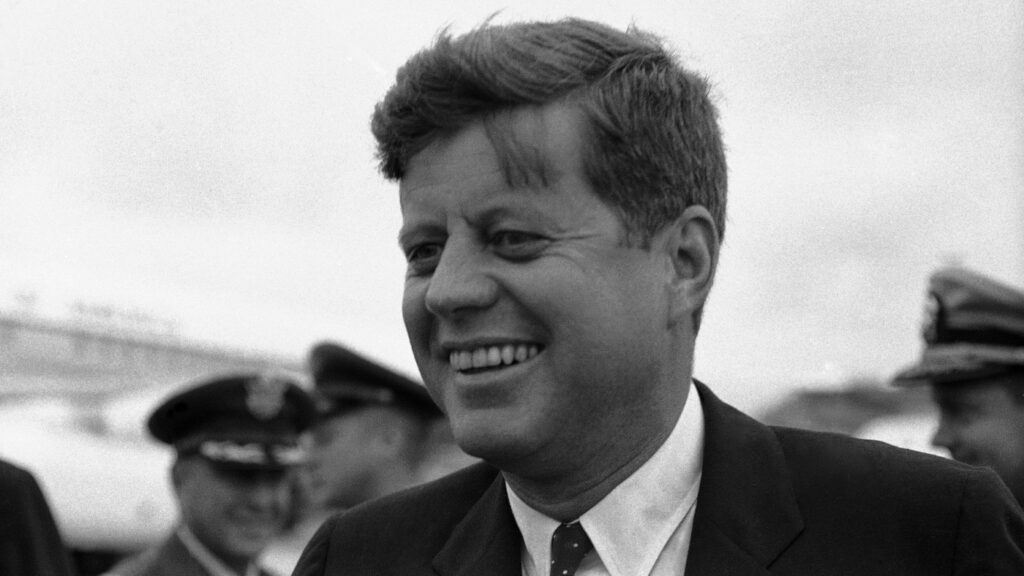The article explores the contrasting views of Health Secretary Robert F. Kennedy Jr. and researchers regarding the health status of Americans in the 1950s and 1960s compared to today. Kennedy nostalgically highlights a perceived healthier past with less obesity and medication use, fresh food, and emphasis on physical fitness. However, life expectancy researcher Dr. Steven Woolf points out the context, highlighting the prevalence of chronic diseases even then.
While acknowledging some health improvements, historians note that the past era had its health challenges, including shorter life expectancy and chronic diseases as leading causes of death. The introduction of processed foods and technological advancements in food production also shaped dietary habits.
Kennedy’s emphasis on physical fitness aligns with past presidential initiatives but contrasts with his policy decisions as Health Secretary, such as reducing the federal health workforce. Critics argue that his approach undermines public health priorities and fails to address key issues like chronic diseases and life expectancy.
Despite some progress in medical innovations and public health efforts, disparities and challenges persist. Experts emphasize the need for evidence-based policies and sustained funding for research and prevention efforts to address current health issues effectively. The disconnect between Kennedy’s rhetoric and policy actions raises concerns among health experts regarding the trajectory of public health initiatives under his leadership.

